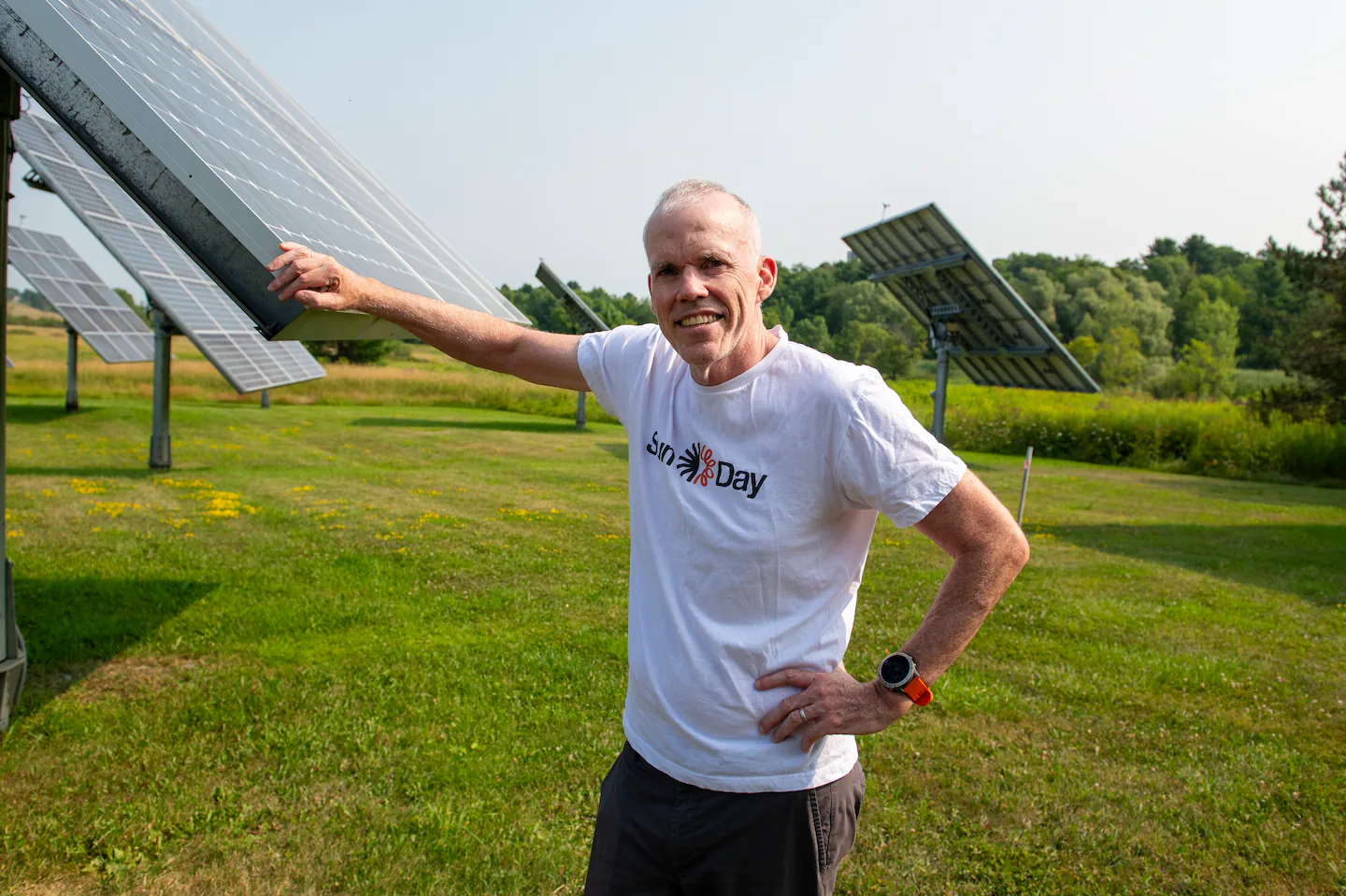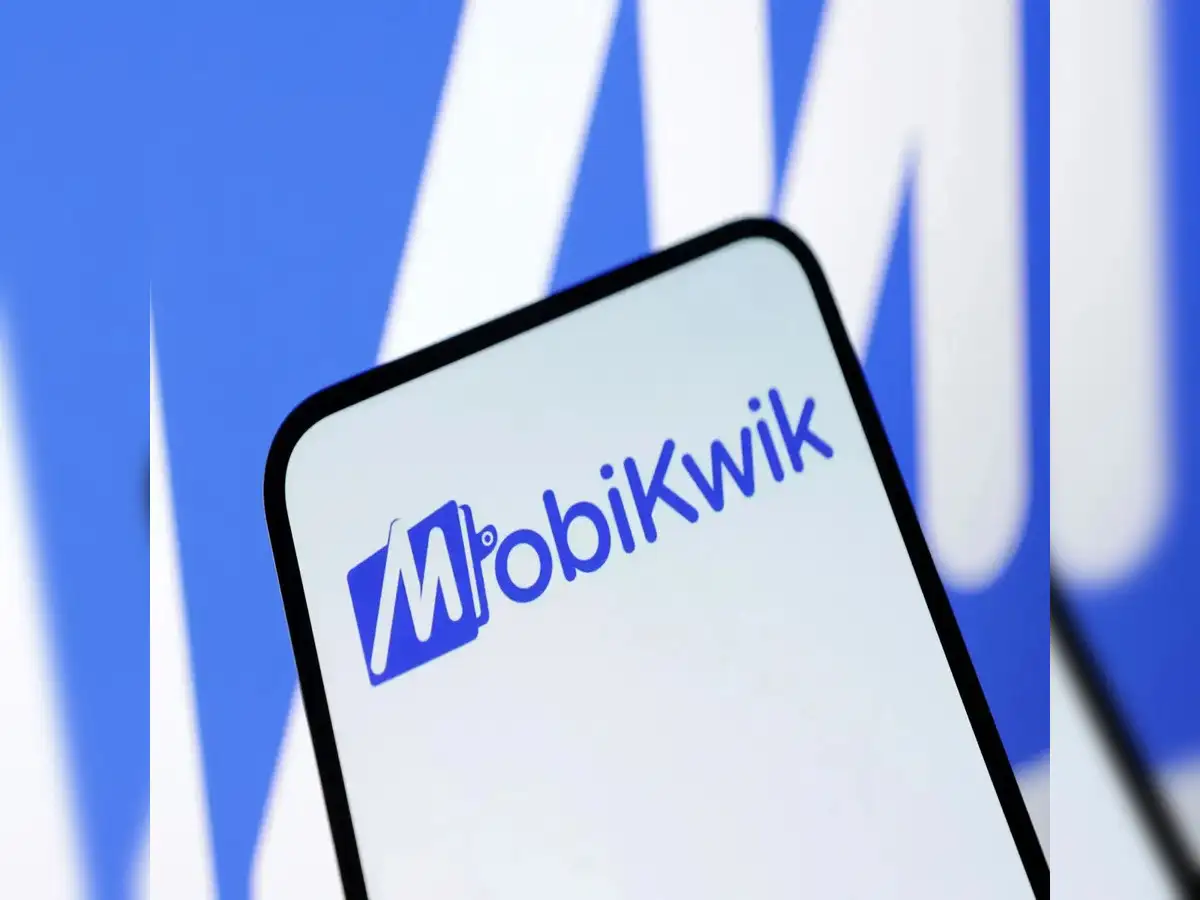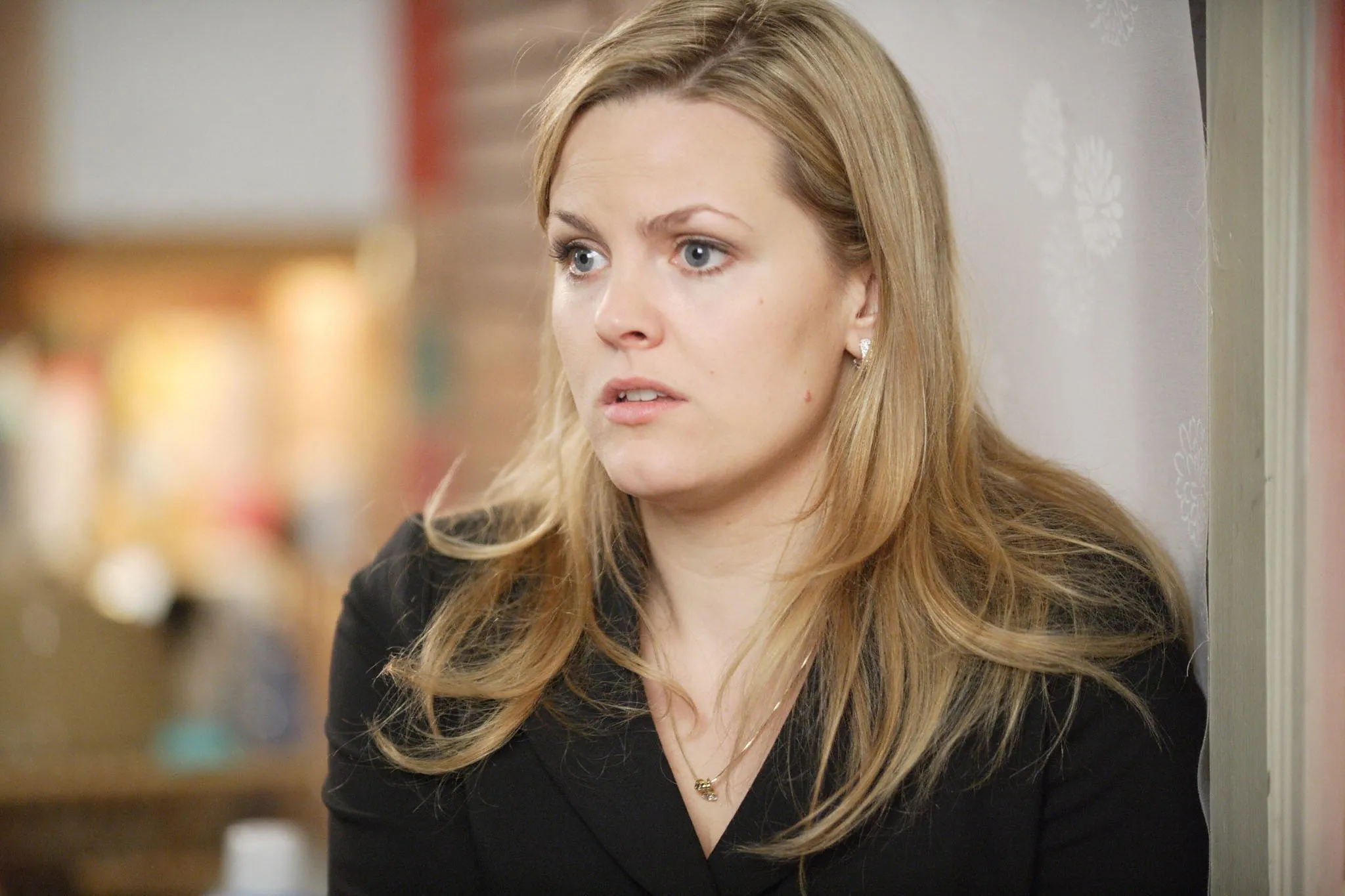
Bill McKibben, a climate activist who also writes for The New Yorker, got the idea for Sun Day a few years ago as the cost of renewables began to drop. Solar power has become the world’s cheapest form of energy, with costs declining by nearly 90% in the last 15 years, according to Our World in Data.
Solar power is no longer the “Whole Foods of energy — nice but pricey,” McKibben said. Instead, it’s become the “Costco of power — cheap, available in bulk and on the shelf, ready to go,” he said.
Sun Day comes as the Trump administration and the Republican-controlled Congress have moved to eliminate tax credits for electric vehicles, heat pumps and solar power. The administration has also repealed funding for Biden-era programs like Solar for All, which aimed to make solar energy available to low-income households. In recent weeks, it has worked to throttle the offshore wind industry, canceling wind farms midconstruction.
At the same time, the Trump administration is promoting the expanded development and use of oil, gas and coal, the burning of which is heating the planet.
It won’t be the first American solar celebration. President Jimmy Carter, who installed 32 solar panels on the roof of the White House, declared May 3, 1978, as Sun Day. (President Ronald Reagan later removed the solar panels.)
Some Sun Day organizers in Republican-led states are hoping to demonstrate grassroots support for clean energy.
Lisa Young, the director of the Idaho chapter of the Sierra Club, said community solar, which allows people from multiple residences to share the solar power from one installation, has faced pushback from local utilities and hasn’t been enabled by state legislation. The state also lost $56 million in federal Solar for All grants that were canceled by the Environmental Protection Agency.
Young’s chapter has helped organize half a dozen events across the state for Sun Day, including bilingual workshops, an electric car expo and a bicycle rally. One event is a party where the group will launch a crowdfunding initiative to put community solar panels on a hair salon in Boise, Idaho.
The salon’s owner, Shari Baber, said the cost of installing solar previously made it seem inaccessible for some Black communities in Boise. But with lower prices and potential savings on electric bills, she wanted her business to serve as a model.
One of the more than 80 planned tours in the Washington, D.C., area will be hosted by Natalie Pien. Since installing solar panels on her Virginia home 15 years ago, Pien said her energy costs fell to about $35 a month from more than $150 a month. Thanks to a program from her utility that credits her for the electricity her solar panels produce for the grid, during the summer months she often doesn’t get a bill at all.
Most states have some form of such programs, known as net metering, and they can make or break the appeal of residential solar. One study found net metering results in at least double the demand from homeowners.
A smattering of Sun Day events are happening in Canada, Australia, the United Kingdom and Europe. One event in Germany will inform residents about new standards for “balkonkraftwerk,” the term for the balcony-mounted solar panels currently in 500,000 German homes.
In Canada, Joe Ackerman is hosting a Sun Day event without solar. He said his Winnipeg, Manitoba, house was not suitable for solar panels because of its orientation and the fact that it snows frequently and heavily where he lives.
But recently, Ackerman was able to stop using natural gas to heat his century-old home by installing insulation and using an electric heater and wood stove.
“There’s no improvement on your house that’s too small,” he said. “Bit by bit, you can get it done.”
Sun Day will feature more than just homes. At an event run by several nonprofits in Kentucky, Lane Boldman, the director of the Kentucky Conservation Committee, will show off her solar-outfitted Winnebago that allows her to camp off the grid.
In Virginia, Fairfax County schools will power a live band and a cotton candy machine by plugging them into an electric school bus, one of several from their growing fleet.
“Every electric school bus we put on the road takes greenhouse gases out of the atmosphere and pollution out of their lungs,” said Bobby Monacella, who organized the event for Mothers Out Front, a nonprofit group. “Every time we get a new electric school bus, it feels like a big win.”
Perhaps the biggest Sun Day event will be held in Portland, Oregon, where dozens of local groups have put together a large festival including 25 food vendors, a parade across a local bridge, Indigenous dance performers and a menagerie of giant papier-mache animal puppets to float above the crowd.
“I really wanted it to be celebratory and uplifting,” said Laura Iwanaga, who led the organization for Portland’s Sun Day event for the local chapter of Third Act, a nationwide climate advocacy organization founded by McKibben. “We all know what we’re fighting against, but we don’t always think about what we’re fighting for.”



